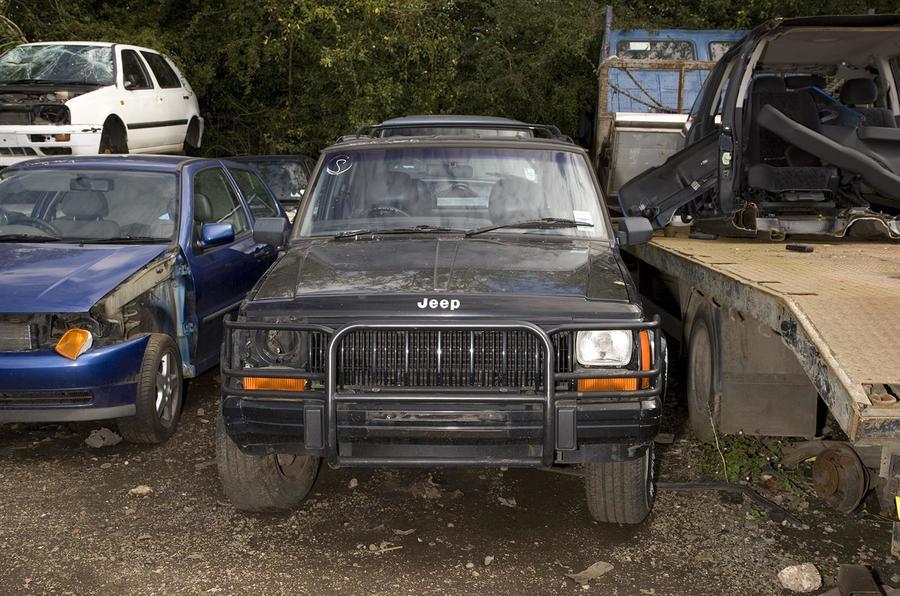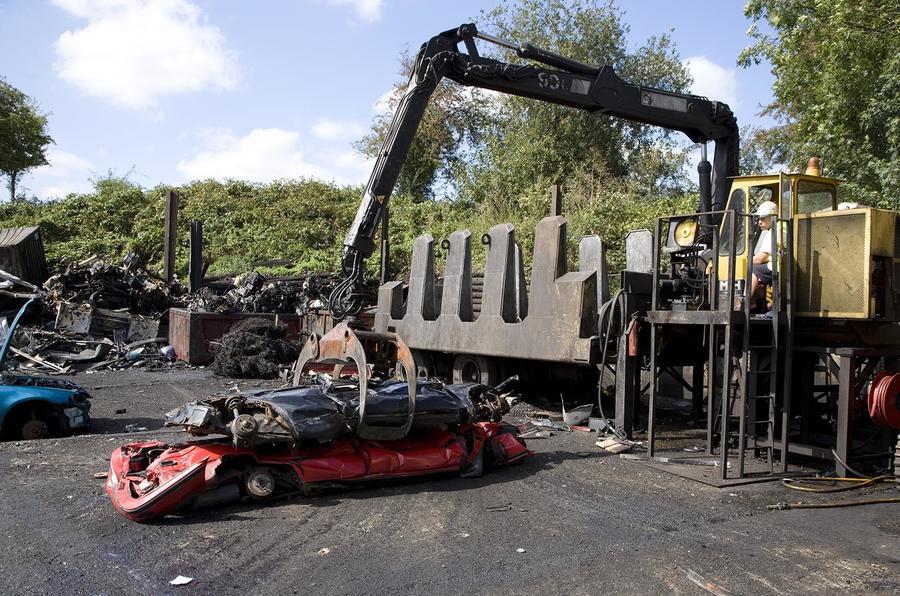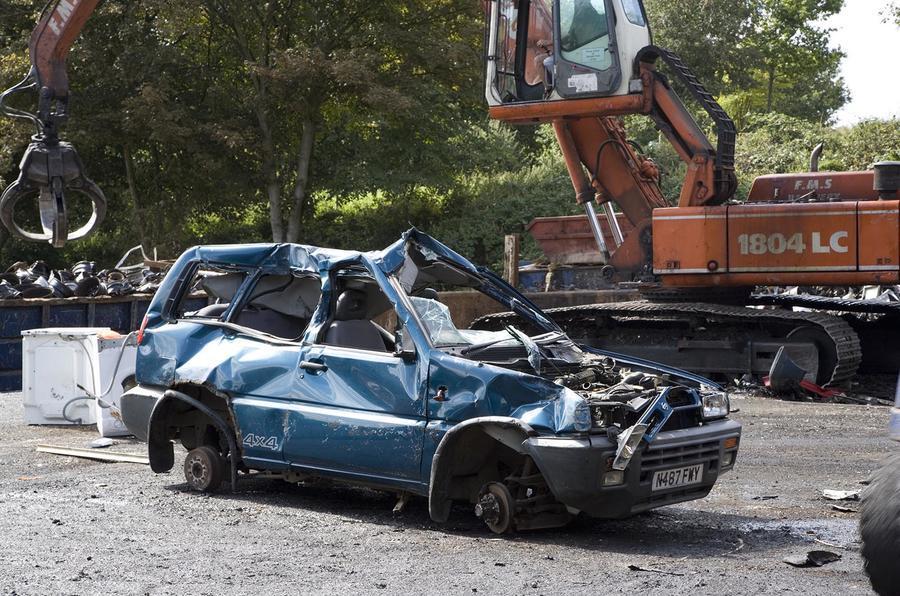Your support helps us to tell the story
From reproductive rights to climate change to Big Tech, The Independent is on the ground when the story is developing. Whether it's investigating the financials of Elon Musk's pro-Trump PAC or producing our latest documentary, 'The A Word', which shines a light on the American women fighting for reproductive rights, we know how important it is to parse out the facts from the messaging.
At such a critical moment in US history, we need reporters on the ground. Your donation allows us to keep sending journalists to speak to both sides of the story.
The Independent is trusted by Americans across the entire political spectrum. And unlike many other quality news outlets, we choose not to lock Americans out of our reporting and analysis with paywalls. We believe quality journalism should be available to everyone, paid for by those who can afford it.
Your support makes all the difference.To some, scrappage schemes are like alchemy. Take, for example, a 2006 Vauxhall Astra, that you may have bought, say, 90 days ago. The £500 you could have paid for it can now be turned into an amazing £5000 saving when part-exchanged against a new Hyundai Santa Fe.
Admittedly, the new car costs over £32,500. But it’s still tempting, isn’t it – particularly as Hyundai and the 22 other car brands who have launched scrappage schemes say they are doing it because cars such as our hypothetical Astra are among the most polluting on the road.
Unlike the first scrappage scheme that ran a few years ago, these are not backed by the government; all the savings are coming out the pocket of car makers, which means there are a far greater number of different approaches. Some don’t even stipulate the old cars must be scrapped.

Most of them do demand the old car is a ‘polluter’, though, with emissions ranging from Euro 1 to 4, and thus registered no later than 31 December 2009. You can’t just go and buy an old smoker one day and chop it in the next, either – there’s a minimum ownership period with the schemes, from 90 days, to six months.
Some schemes are only taking in diesels, as these are currently receiving all the bad press regarding emissions. Others will accept both petrols and diesels though, just to add further to the confusion. To make its scheme a genuinely ‘green’ scrappage incentive, BMW and Mini won’t let you buy a new car emitting more than 130g/km of CO2 on it.

While some offer fixed scrappage savings, others give a variety of savings, from less than a grand to the £5k offered by Hyundai. This is where you need to do your homework – because some brands are already offering generous incentives outside of their scrappage scheme deals. It may pay you not to scrap your old car and take up, say a 0 percent finance deal or chunky PCP deposit allowance instead.
Oh, and don’t even consider scrappage if you reckon your old car is worth more than £2000. If the deal is a basic sort, you could be left out of pocket: make sure you know exactly how much your car is worth before you set foot into a dealer.

Out of all the deals, we reckon Nissan’s scrappage deal is one of the best. You can trade in both petrol and diesel, the firm offers trade-in allowances on top of scrappage savings, and you can mix it in with existing retail offers as well. Pity it finishes at the end of September: if you’re not quick enough to react, check out the rich package of deals offered by Ford, Renault and Hyundai as well.
A good dealer will tell you if it works for you. We visited a Hyundai dealer with our old Astra, to look at a new 130 1.0 T-GDi SE Nav. With a £4000 scrappage saving, this was priced at just over £16,000. “You’re better off doing it this way, by £1000,” the salesman told us. “My maximum discount is £2500, and your Astra is £500: the best I could do outside scrappage is £3000 off.”
Fingers crossed you find a salesman as good as our man.
Rob Adams is a writer for AutoCar.

Join our commenting forum
Join thought-provoking conversations, follow other Independent readers and see their replies
Comments